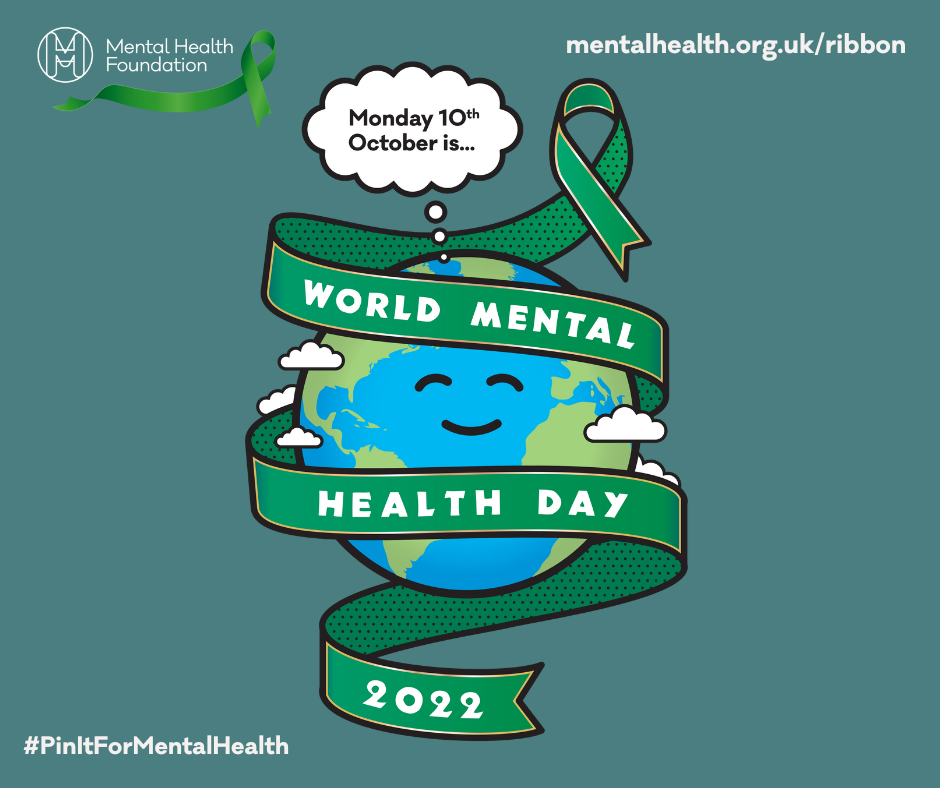Mental Health has been a core focus of many workplaces in recent years but never more so than since early 2020 when many more people had to start dealing with increasingly difficult and ever-changing situations at home and in their work life. The COVID-19 pandemic brought many emotional and mental challenges as the situation developed so our response had to adapt.
Pre-pandemic, all staff of Spiller Door Controls were offered MHFA training, with some individuals completing a mental health first aid course to become our Mental Health First Aiders, who operate at both branches and are there to support colleagues who come forward with any problems. They are also on hand to identify the signs and symptoms of mental ill health issues and begin the conversation around looking after ourselves mentally as well as physically.
We promote addressing mental health issues and our in-house first aiders are supported by online and phone support and counselling from an Employee Assistance Program and by our parent company’s HR department.
Due to the on-going after-effects of the pandemic, which has put additional and unexpected pressure on individuals both at home and at work, Spiller Door Controls staff recently took part in refresher training on mental health awareness.
The refresher training was designed to bring us all up to speed on the current advice on recognising warning signs and dealing with your own mental health as well as that of those around us. Staff were given guidance on how to look after their own mental health, how to relate to the experiences of others, how to provide peer support and to identify the discrimination and stigma around people with mental illness.
Common mental health issues such as anxiety and depression affect a large percentage of people and often come with physical symptoms that could be attributed to numerous other causes. By arming individuals with knowledge on a variety of common mental health conditions, they can begin to recognise what they themselves are going through and to address any problems at an early stage, or reach out to those around them for help, knowing that they’re dealing with understanding individuals and workplace.
Mental health issues are an invisible affliction, sometimes unrecognised by those who are suffering, often stigmatised so individuals feel shame for their condition. A comparison that can help others understand is how you’d treat someone with a broken leg, a very visible injury that takes time to improve and sometimes, never completely heals. You can become more vulnerable to injury in the same area if you’ve suffered once, so you tread carefully, and people understand when a situation or event is difficult for you to deal with because of a previous injury. Mental health conditions are unseen for the most part so have historically been treated with a lesser level of concern and understanding. By training our staff we’ve removed the barrier that can prevent people taking these invisible conditions less seriously than a visible, physical affliction.
By being aware of our own mental health and that of those around us, we can promote a positive attitude towards addressing any issues before they become too serious and damaging. Poor mental health has detrimental effects on productivity and absence from work so from a purely financial perspective it is beneficial for businesses to do what they can to ensure staff are mentally healthy but it’s much more than that. Assisting employees with health, both mental and physical, being invested in their wellbeing, creates loyalty, a sense of belonging, can lessen absence and increase productivity.
When we feel good, we can do more, and want to do more so it’s becoming a default setting for companies to be aware of and encourage mental health wellbeing in the workplace. Spiller Door Controls has been focusing on mental health awareness and first aid for a number of years and we are continuing to support and further this subject.
Our training has taught us to be aware of our support networks and one option is always a GP or medical professional. Mental health professionals provide help with eating disorders and suicide prevention, provide depression and bipolar support, diagnose symptoms of mental health issues and suggest treatment options.

Mental Health Awareness Week is an annual event in the UK with a different focus each year. The theme of 2022 was loneliness. World Mental Health Day, which is in October each year, has a theme set by the World Federation for Mental Health. For 2022 it is ‘making mental health and wellbeing for all a global priority’.
If these events strike a chord with you and you want to start addressing mental health stigma within your business and develop the mental health awareness skills of your staff then here are some online resources for mental health first aid training:
MHFA England
St Johns Ambulance
Dorset Mind








Comments